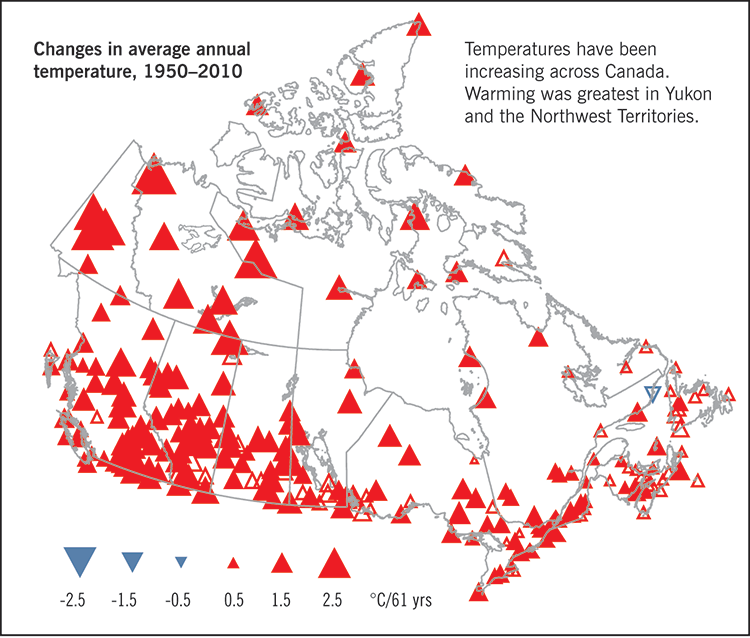October 9, 2014 – Imagine being taken out to the wood shed for a paddling by a commissioner your government appointed as an environment watchdog. That’s what happened this week in my country, Canada. The Commissioner of the Environment and Sustainable Development, Julie Gelfand, issued her first report covering the federal government’s actions related to:
- greenhouse gas (GHG) emission reductions
- oil sands monitoring
- marine navigation in the Arctic
- implementation of the Canadian Environmental Assessment Act of 2012
- integration of environmental policy into programs and plans in federal government departments
It noted that the government which first announced an intention to regulate GHG emissions back in 2006 has yet to do so. It also noted that the Copenhagen commitment to reduce GHGs by 17% by 2020 from 2005 levels “will not likely” be met. Instead of a nationwide commitment it noted the government has introduced GHG regulation in a few sectors including transportation and electricity production.
The Commissioner stated: “If Canada does not honour its climate change commitments, it cannot expect other countries to honour theirs. If countries fail to reduce their emissions, the large environmental and economic liabilities we will leave our children and our grandchildren—such as more frequent extreme weather, reduced air quality, rising oceans, and the spread of insect-borne diseases—will likely outweigh any potentially positive effects, such as a longer growing season.”
The Commissioner further noted that in practice environmental stakeholders are being shut out in participating in the national conversation. She stated, “many stakeholders have noted that they can no longer participate meaningfully in federal environmental assessments because they lack the capacity to respond. Stakeholders have also indicated that they are further restricted by the shorter timelines the government has set for environmental assessments. These constraints reduce stakeholder contributions, including Traditional Ecological Knowledge, and diminish public confidence in the process.”
She further admonished the government with these words: “Public participation is not just a value Canadians cherish in our democratic system, it is also an essential attribute of sustainable development. Without sufficient information and engagement, Canadians have fewer opportunities to communicate their concerns to decision makers and fewer opportunities to legitimize future resource development decisions.”
Particularly troubling are the conclusions related to development of oil sands projects. The Commissioner notes littile regard for the risks but lots of urgency related to development.
The report clearly shows a government with a single strategy, oil sands development, but no long-term vision about environmental issues. This is a tragedy in a period when the world is awakening to the issue of rising carbon dioxide in the atmosphere and correlated atmospheric warming, bound to significantly impact the country.
The figure below is just one of the exhibits in the report showing just how much Canada has been warming since 1950.













